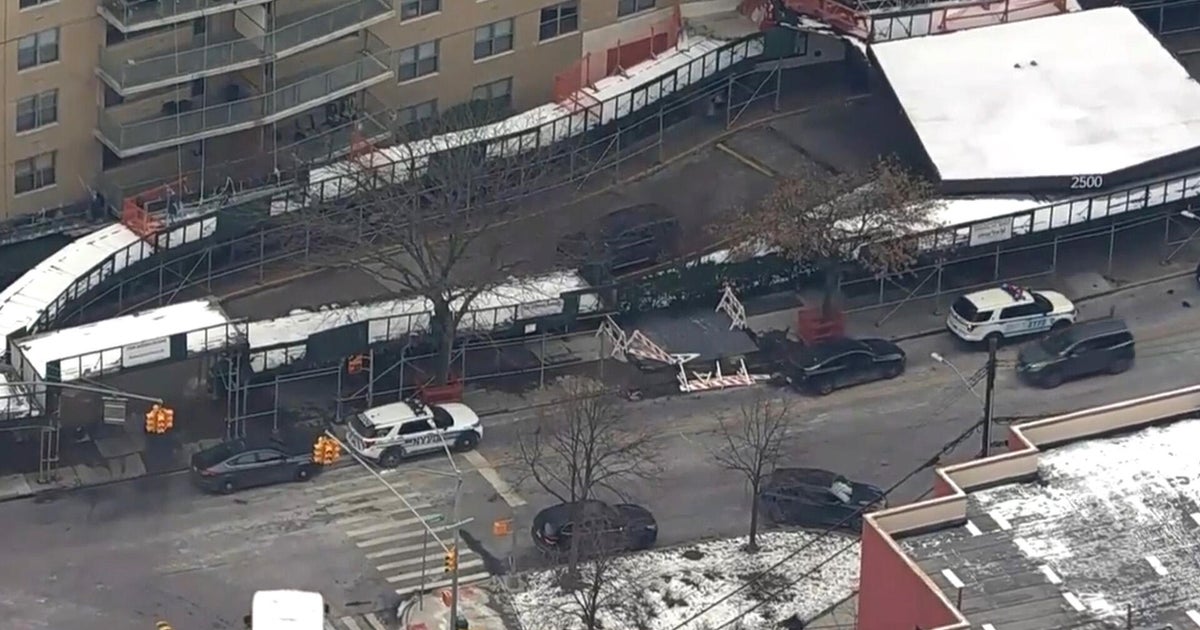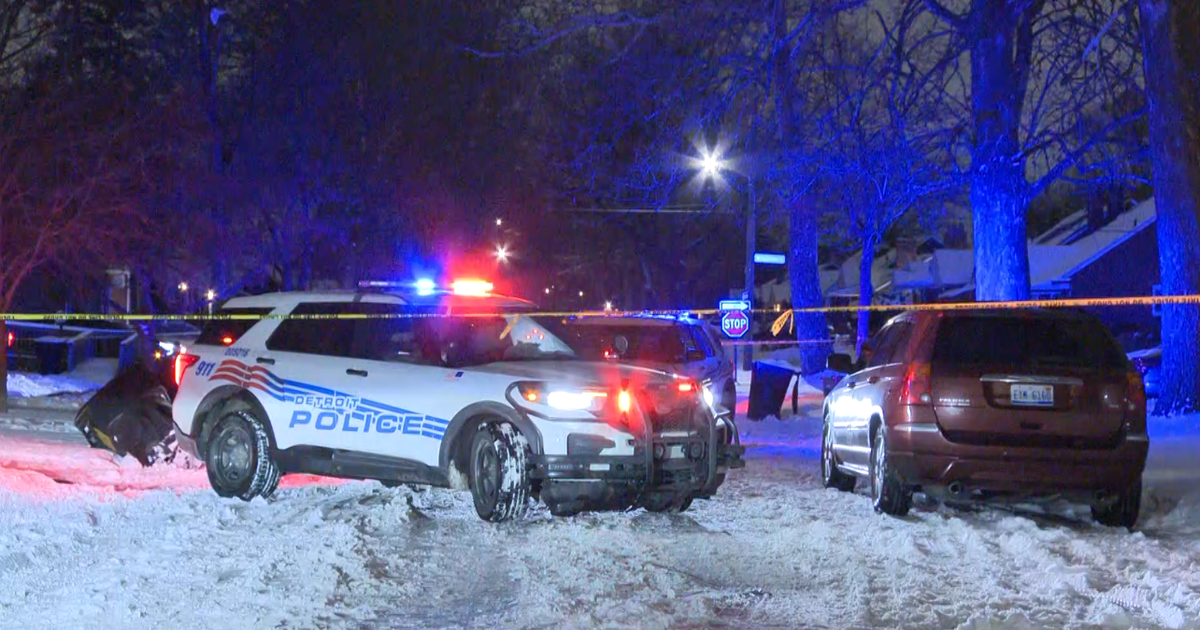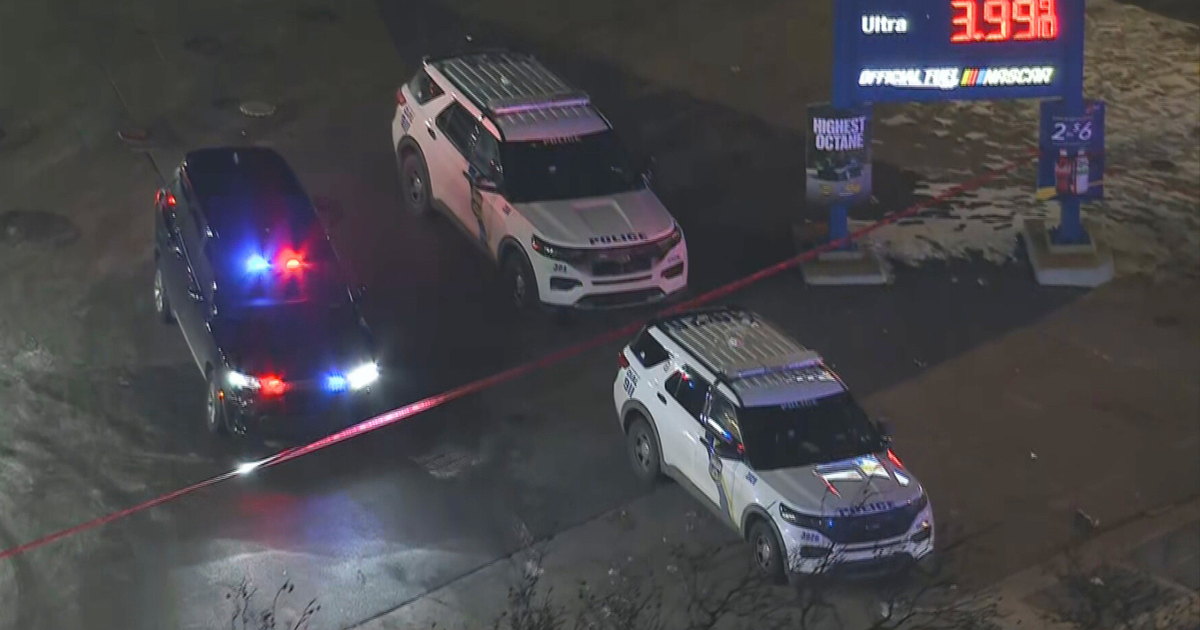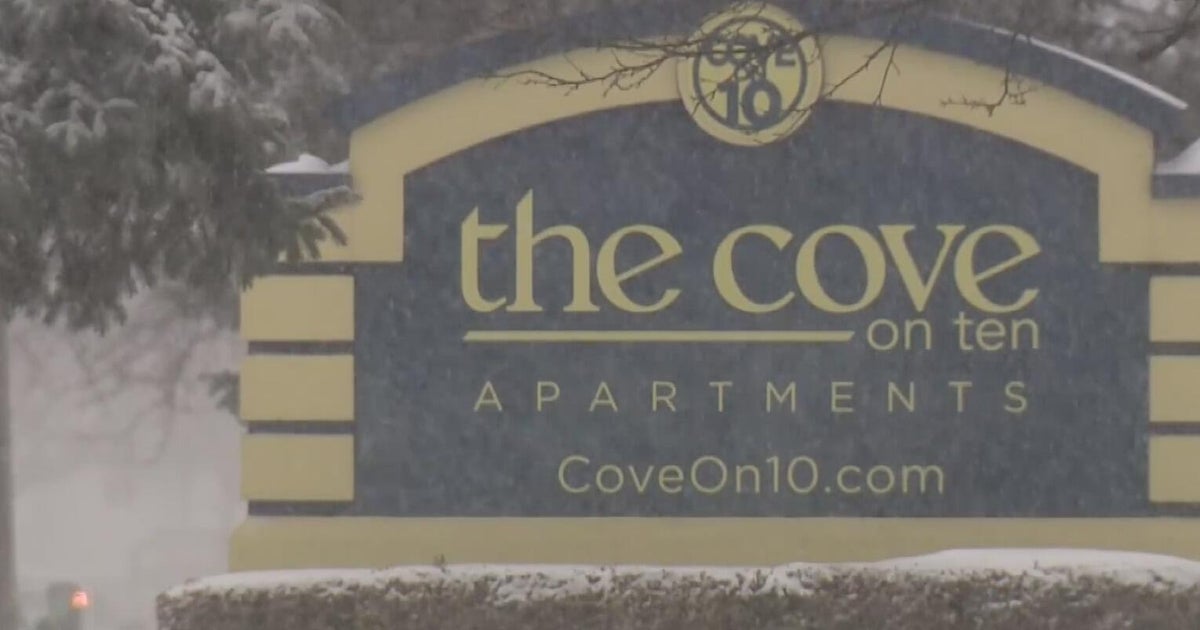Deaths of Detroit police officers in suspected murder-suicide highlight issue of mental illness in policing
(CBS DETROIT) - The apparent murder-suicide involving two Detroit police officers is bringing to light the issue of mental illness in policing.
DPD identified the officers as Matthew Ethington, 26, and Maria Martin, 22.
Investigators believe Ethington shot and killed Martin inside of a home in Livonia before turning the gun on himself.
The incident is highlighting the issue of mental illness, which is impacting first responders, including police officers, across the country.
According to an organization called First Help, more officers die by suicide than in the line of duty.
"I was saddened by it because those were two good people," said Jim Tignanelli, the president of the Police Officers Association of Michigan.
Tignanelli said most officer suicides occur after a critical incident such as a murder or mass shooting.
He said many officers reached out to him after the shooting at Michigan State University.
"That night I got some calls from our officers that were there that saw some things that they would've never dreamt of and to this day are still seeking some type of counseling, treatment," he said.
Tignanelli said mental health has become a greater focus for law enforcement agencies over the years.
He said there's now a new program called Frontline Strong Together, which will help officers with counseling, therapy as well as training first responders in peer-to-peer counseling.
"So it's not really just a bunch of doctors trying to help someone who got problems , they're trying to train police officers as peer counselors. Firefighters so that if a firefighter needs help, he's going to deal with a fireman. That's never been done before," he said.
Tignanelli said talking about mental illness and raising awareness about how it impacts law enforcement is the first step in reducing the stigma, letting officers know it's OK not to be OK.
"I don't think you can talk about it too much right now," he said.
For more information about the Frontline Strong Together program, you can click this link here.
If you or a loved one is feeling distressed, call the National Suicide Prevention Lifeline. The crisis center provides free and confidential emotional support 24 hours a day, seven days a week to civilians and veterans. Call the National Suicide Prevention Lifeline at 988 or 1-800-273-8255. Or text to 741-741.







